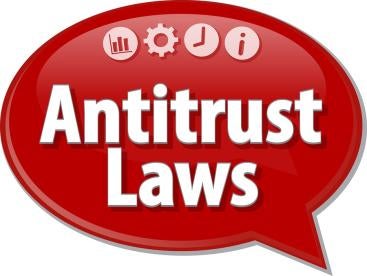Section 7 of the Clayton Act (15 U.S.C. § 18) prohibits mergers and acquisitions where “the effect may be substantially to lessen competition, or tend to create a monopoly.” Although drafted in part to address potential restraints “in their incipiency” based on an analysis of likely future effects of a transaction, Section 7 applies with equal force to consummated transactions.
Remedies for a violation of Section 7 can include both damages and injunctive relief, including divestiture for transactions that have already been completed. Although enforcement of Section 7 is not restricted to the antitrust enforcement agencies, divestiture, as a remedy for a Section 7 violation, had until now been largely reserved in practice for actions brought by the government. A recent decision from the Fourth Circuit Court of Appeals affirming the right to divestiture in a private antitrust action, perhaps the first of its kind, is a reminder that parties to a transaction that raises potential competitive concerns must give thought to potential enforcement actions from three sources: (1) the federal enforcement agencies, (2) the states, and (3) private parties. The fact that the transaction involved in this particular action had been consummated four years before private litigation was initiated, and with the knowledge and consent of the private plaintiff no less, is a further reminder that post-merger conduct can serve as the basis for an action under Section 7, and give rise to a claim for divestiture





 i
i


